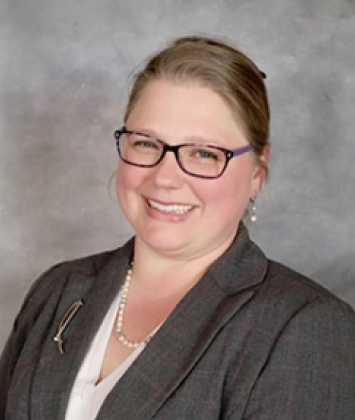Can You Protect A Trademark From Your City?
In
In re JT Tobacconists, 59 USPQ2d 1080 (TTAB 2001), the trademark applicant thought it might be able to seek registration for the mark MINNESOTA CIGAR COMPANY for cigars, cigar cases not made of precious metal, and humidors. Is this registrable and protectable? In most instances, no, but with some exceptions, it could be as a
trademark lawyer can explain.
Ultimately, the Trademark Trial and Appeal Board published this decision because it gave the Board an opportunity to establish what constitutes a geographically descriptive mark, a concept that is useful for any trademark applicant or user to know.
In breaking down the trademark, “company” is a generic term and incapable of serving as a trademark for any business, while “cigar” is also generic, if not highly descriptive of a company that makes “cigar”. But, what to make of “Minnesota”? Generally, if a company’s domicile is in a certain region, it would not be able to protect the term, given that it only informs consumers of where it is from.
The test essentially is whether the area is known to the public and would the public believe the products came from that area. In this case, as Minnesota is one of the fifty (50) states, and the company did business in Minnesota, it was an easy case for the Board to decide.
However, some examples are not that easy. For example, the Beverly Hills 90210 logo is a registered trademark for prerecorded videocassettes and DVDs featuring a television drama series, even though the show actually takes place in that city and zip code. The difference with Minnesota Cigar Company is that BEVERYLY HILLS 90210 means more than a location. This falls under an exception where a mark has an alternate meaning, which in this case likely refers to Beverly Hills, California as glamorous and upscale, and not just a location. The Trademark Manual of Examining Procedure references other locations with alternate meanings, such as MANHATTAN for an alcoholic cocktail, or in a case similar to the Beverly Hills 90210 registration, HOLLYWOOD was not found geographically descriptive because the primary significance of the location was more about referring to the entertainment industry and not where it is on a map.
There are other exceptions which are worth noting, as our friends at
Schiffrin & Longo, P.C. can explain. The Trademark Manual of Examining Procedure states that a mark like ALASKA for bananas could be registrable as consumers would not believe bananas come from Alaska, or in the case of a remote location, if consumers do not know where that location is, it could also be registrable and protectable.
Geographic marks do have one saving option, however. If the mark is in use, a geographic mark can register on the Supplemental Register, which is available for descriptive mark, and ultimately provides less protection. However, a registrant on the Supplemental Register can use the (R) symbol with their mark if it ultimately registers. Also, if a mark has been in use for five (5) years (or sometimes more), even if it is geographic, it can acquire distinctiveness and register under Section 2(f) of the Lanham Act.
So, when deciding whether to try and protect a geographic location as a mark, there are several considerations to take in. Most of the time, a geographic mark is not protectable, but there are exceptions based on whether the location is not very well known, or if consumers would not believe that a product came from that area. If you are trying to register a geographic location, reach out to an attorney near you to see if you are able to do so.





